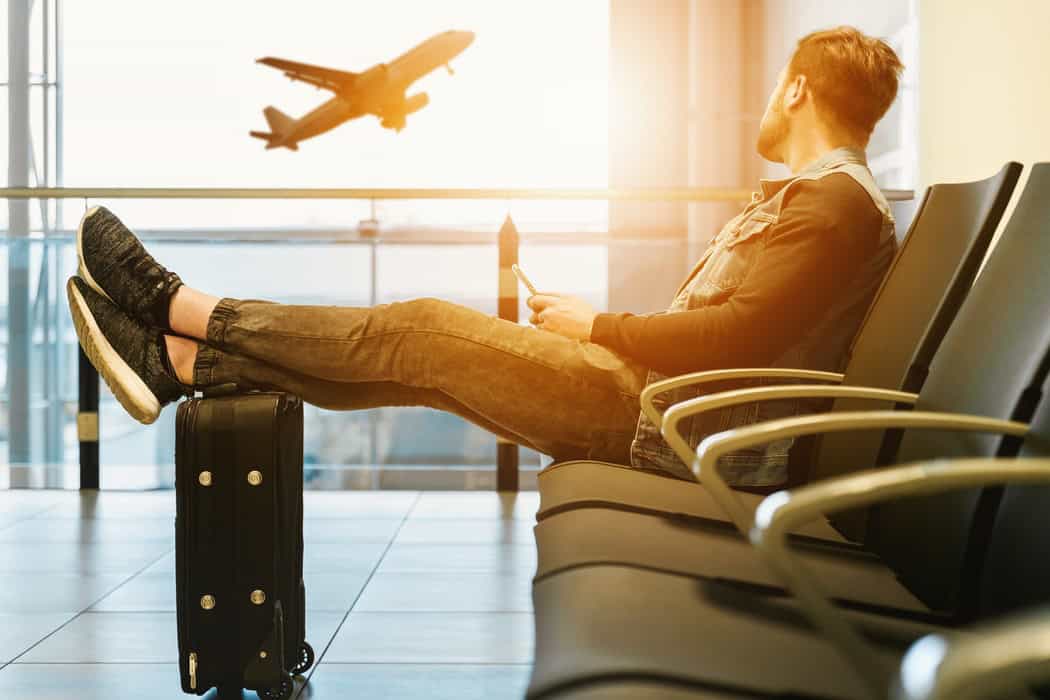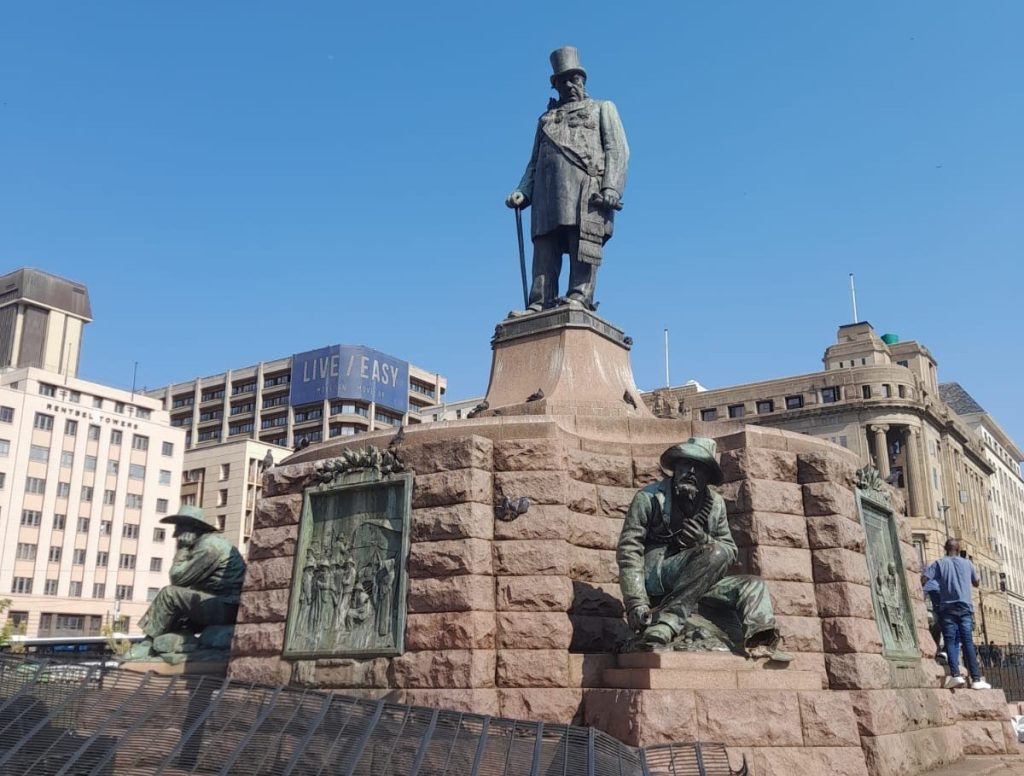Expats should rather not visit South Africa for their holidays now
Lately Worldwide and AfriForum have received a lot of questions from South Africans who work abroad, have leave now and want to come to South Africa to see their loved ones here before the start of their next work year abroad.
Obviously people miss spending time with those they love, especially if one has limited leave and you have to work away from your family. The COVID-19 time causes a lot of tension as well and people yearn to spend time with the people closest to them, but at present it is not advisable to return to South Africa for short visits only, while still under obligation to return abroad.
During media conferences, the Minister of International Cooperation and Relations has repeatedly emphasized that the current repatriation flights and opening of borders are not intended for people coming on holiday to South Africa, but only for people who repatriate, in other words, whose primary place of residence is South Africa and who want to return to the country on a fairly permanent basis.
There are many reasons for this. One is that people who return temporarily, have to leave the country again at some point. Currently, no one is sure when international travel will be possible again in the manner it had been before 2020. Some airlines even mention that it will take them three years to resume flights to all their former destinations. Others will probably close. Countries are also very reluctant to open their airspace and borders, and even if they do open, borders may close again on short notice if the number of infections increases dramatically. The fact that someone can travel to South Africa unfortunately does not guarantee that he or she will be able to leave again at the appointed time.
Secondly, travel has suddenly become entangled in bureaucratic red tape. Coming to South Africa and then leaving again is not as easy as buying a ticket or putting petrol in your vehicle and making sure your passport and visas are in order. To leave South Africa, South Africans must not only meet the requirements of their country of destination and the employers there, but also provide the Department of Home Affairs with:
- A copy of their valid South African passport;
- A letter confirming their admissibility under the current circumstances from the embassy or other diplomatic or consular representative of the country they want to travel to;
- If returning by road or connecting via flights, the proof submitted needs to include permission from each transiting country;
- Proof of means of travel, such as air or bus tickets; and
- The intended date of departure.
South Africans can send an email with the abovementioned proof to Covid19travel@dha.gov.za. An email will then be sent back by the department to travellers who meet all the criteria to enable them to proceed with their travel arrangements.
The third reason is that air travel has become extremely expensive. For a while it seemed as if only SAA flights would be allowed locally. Now more carriers are allowed landing rights in South Africa, but flights remain expensive.
In the fourth place, it is currently mandatory that people returning from abroad have to stay in quarantine in a state facility for at least 14 days. AfriForum is taking legal action against this measure and hopes that the case in favour of self-isolation will be heard in the week of 29 June 2020, but of course the outcome is uncertain. So people should bear in mind that even after their return, they will not be able to reunite with their loved ones immediately. Also, if self-isolation becomes possible, it still means that one should isolate yourself for 14 days from family and friends in compliance with strict isolation requirements.
Finally, everyone should keep in mind that the world is experiencing an economic crisis. Companies literally decide overnight to close or reduce staff. Several people we have been in contact with in recent months have only learned after their return to work that their contracts are not being renewed, or that their services have been terminated. Should this happen to you abroad, then you will literally be stranded there, but now without income and with the challenge of trying to find a place on board a repatriation flight, while also trying to maintain your residence permit without a job offer. Unless job security is fully guaranteed, any travel during this time is an expense that should be avoided if possible.
The same considerations apply to minors who want to visit friends and family, or parents who travel between their children in different countries. Currently, children who have to return to educational institutions get special permission to avoid quarantine, but this may change at any time. Parents are usually older and therefore more susceptible to serious consequences if they get infected with the virus. Travel, quarantine, and the accompanying tensions of all the relevant authorities that need to give their consent, means that the best advice is to try to stay where you are until borders are more open again and the requirements of governments more transparent and permanent.
We all long for our loved ones in retirement facilities that currently allow no visitors, as well as our nearest and dearest in other provinces and countries. Let us rather encourage and emotionally support each other, than to try travelling back and forth at the risk of getting stranded somewhere, with disastrous financial or emotional consequences. Fortunately, we live in an era where technology makes it easy for us to keep in touch daily though thousands of kilometres may separate us.
Questions regarding any of the above issues can be sent to Worldwide. We would love to hear from you!
Share on
Latest articles




















